PUBG: Battlegrounds dev on keeping battle royales fresh, going free-to-play & more
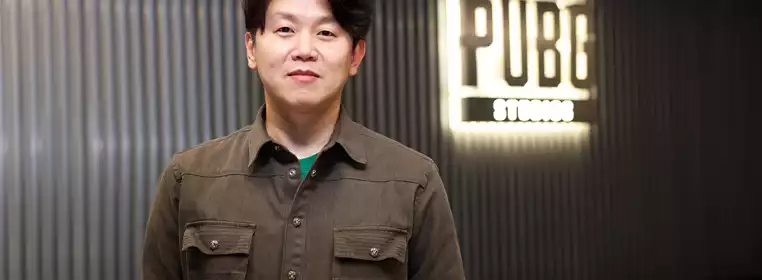
Think back to the glory days of 2017. PUBG was in early access, and the hills were alive with the sound of chicken dinners. Spider-Man was getting his own MCU movie in Homecoming, DJ Khaled was telling us all about his ‘Wild Thoughts’, and The Last Jedi was still yet to arrive and divide Star Wars fans like nothing before it.
It may seem a lifetime ago when using pop culture references to describe it, but those six years have been anything but what you’d call “normal”. And yet, that scrappy early access title that grew from a mod saw over 3 million players per month at its peak - not bad for a game that hadn’t reached console or mobile at the time.
PUBG: Battlegrounds, as it’s now known, spawned a whole wave of battle royale titles, including ones that are now household names like Fortnite, Apex Legends, and Warzone, but the game itself keeps growing, too.
In this UK exclusive interview with Taeseok Jang, Executive Producer on PUBG: Battlegrounds, we discussed the past, present, and future of the grandaddy of battle royale.
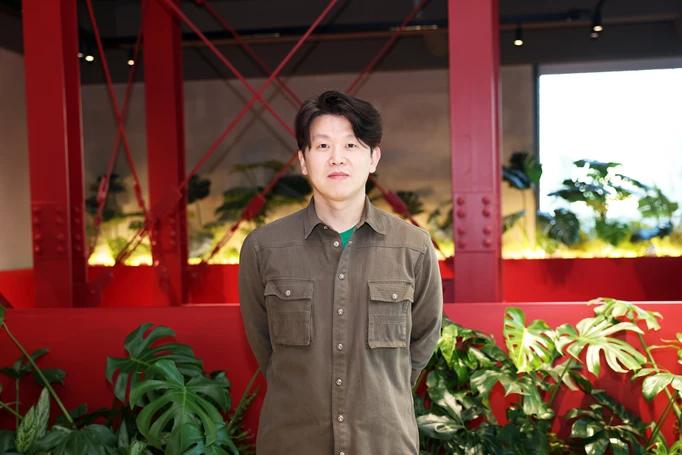
 Click to enlarge
Click to enlarge(Chicken) Winning Formula
From the outside looking in, you could argue that PUBG: Battlegrounds is the most grounded of the battle royale genre. Its military sim origins are maintained in its realistic art style that, at least compared to the colour and futuristic nature of its predecessors, can feel a little nondescript.
And yet, its commitment to a hardcore audience has earned it plenty of fans over the years, despite the competition for playtime in the space.
Those basics, Jang tells us, are key to PUBG: Battlegrounds’ longevity.
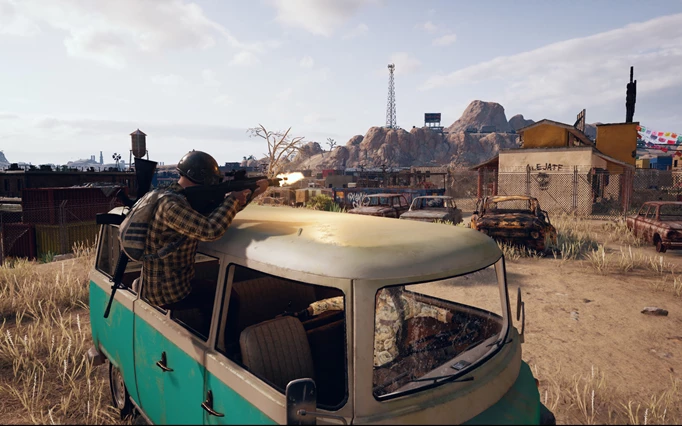
 Click to enlarge
Click to enlarge"We will not compromise PUBG: BATTLEGROUNDS’ core gameplay and originality while presenting new gameplay experiences again and again," he explains.
"This is especially difficult given that the gaming industry changes constantly."
He's not wrong, either - a lot has happened in those six years, both within and outside of PUBG. The title is now published by a multi-billion dollar company in KRAFTON, with the studio that built it being renamed to PUBG Studios - a statement of intent of sorts.
"PUBG: Battlegrounds remains the most important IP for PUBG Studios and KRAFTON. It is rare to see such a powerful IP be born in the gaming industry," Jang says.
"So, improving on and strengthening the successful IP is essential to us. We are working hard to do so."
PUBG Studios has lofty ambitions for its flagship title, too, with the team constantly looking to innovate within its military sandbox.
"No one in PUBG Studios says we “maintain” PUBG: Battlegrounds," Jang reveals.
"Every time we design new content, we approach it as if we were creating a new game. In particular, creating a new map is close to creating a new game. I believe a new map itself can provide a fresh and exciting experience to our players."
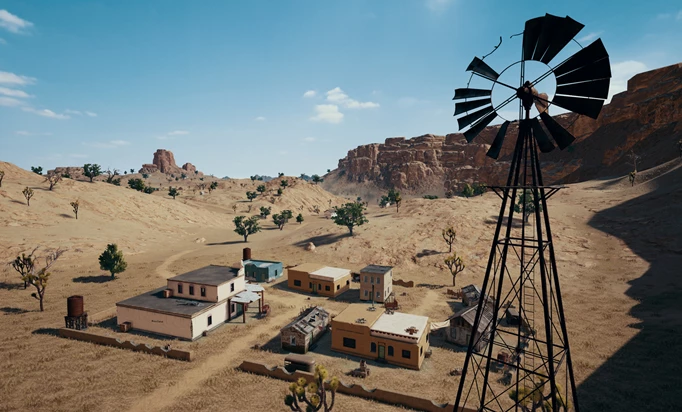
 Click to enlarge
Click to enlargeJang is referring to the game's maps, which are huge in size and ambitious in scope. Different maps incorporate different weapons, and even new mechanics like Taego's "Comeback Arena", Sanhok's loot trucks, and Paramo's lava.
"We want playstyles to change depending on the map," he explains.
"We want to see players adopt a different approach based on the map, just like how players change the way they play in Erangel and Miramar.
"We have been hearing from players that the lack of cover and elevation changes makes combat difficult in relatively newer maps but you can see that there isn't a lot of cover in Erangel or Miramar. However, the difference is that players can work out an effective strategy because they know the maps so well."
Scoping out the competition
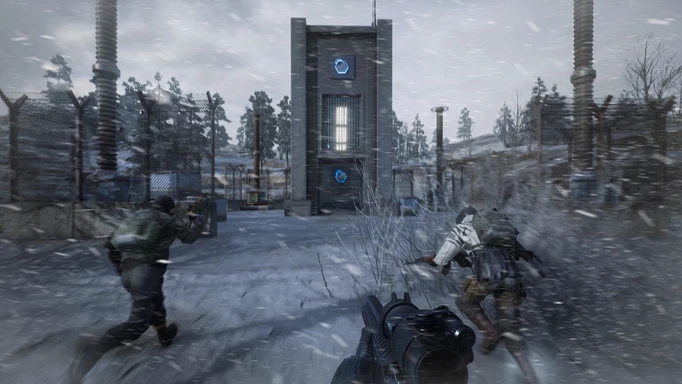

Outside the confines of Miramar and Erangel et al, the battle royale landscape has evolved, too. Fortnite brings cartoonish looks, crossovers, and construction, while Apex Legends is faster-paced but with a focus on teamplay and abilities. Call of Duty Warzone 2 (and Warzone and Blackout before it) have seen the world’s biggest franchise take multiple bites at the cherry.
With so many in a crowded space, how does one break away and do something different? And could it be that PUBG is the one to do it?
"After PUBG: BATTLEGROUNDS hit the market, many game developers tried to create battle royale games," Jang reminisces.
"Several games launched, and now they have their own territories in the sub-genre of battle royale. It seems that there are various attempts to add a battle-royale-like mode or the rules of battle-royale to existing games rather than creating a whole new battle-royale game.
Jang thinks there's more to come from the genre, though.
"I believe another [new] battle royale game will definitely hit the market again," he says, "but the general approach to this genre will be different going forward."
"Having said that, attempts to create a battle-royale-like mode based on the existing games will continue to be effective," he says, which may embolden a certain sci-fi franchise rumoured to be dipping its toes in the water soon.
Barrier to entry
One thing that those competitors offered that PUBG didn’t until 2022 was a lower price of entry - free. I asked Taeseok Jang about the effect that PUBG shifting to F2P had on the game’s player base, and the numbers are predictably explosive.
"Since PUBG: BATTLEGROUNDS became free-to-play last year, the number of new users has risen by 370% from 2021," Jang explains, stating that translates to 45 million new users.
"Active users have also increased by 120% from 2021. The ratio of new, existing, and returning users remains healthy. In the end, the free-to-play service has stabilised in terms of traffic and providing a better gameplay environment."
So, does the studio regret not dropping the price sooner? Taeseok Jang thinks it’s the delay and preparation that made the transition easier.
"Ahead of the F2P transition, we spent almost two years on deliberation and preparation. We wanted to be well prepared rather than rushing it. Therefore, we don’t regret not doing it sooner."
The house that PUBG built
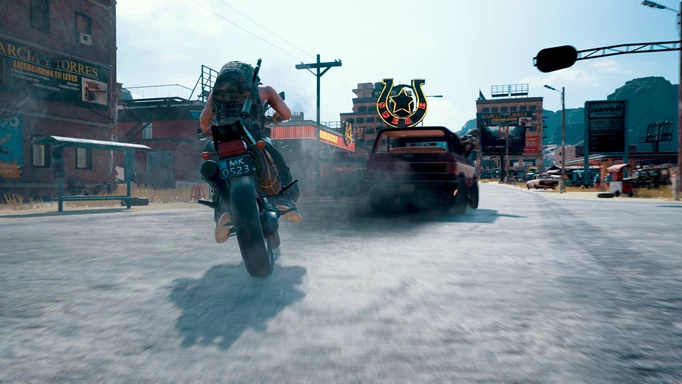
 Click to enlarge
Click to enlargeTaeseok Jang is about as hands-on with PUBG as one can be. Along with KRAFTON's CEO CH Kim, he’s been around since the early development of the game, starting his career as a game artist.
He’s particularly fond of working to incorporate motorcycles into the game, which led to a unique crossover event with El Solitario, a custom bike brand. More importantly, though, Jang says PUBG has helped him feel part of the game’s community.
Players hopping into the game now will encounter motorcycles with a subtle decal on the side, something that was inspired by a community member’s father that passed away back in 2016, something Jang said left "an indelible mark" on his memory.
PUBG Studios holds regular internal PUBG competitions, which grew into a company-wide contest, and Jang explains that the average playtime for contenders is 1,800 hours - but there are veterans with much more.
"Many in PUBG Studios have played the game for over 5,000 hours," he recounts, pointing at the stats as evidence of how entrenched its development team is within the game itself.
So, what does the future hold for PUBG? After franchise crossovers with Evangelion, The Boys, Dead by Daylight, and even Godzilla, we asked Jang what’s next.
"We can’t talk about specifics due to contract issues but here’s a little hint: we are looking into various skin collaborations, from a vehicle brand as prominent as McLaren to impressive IPs that bring back a sense of nostalgia."
Thankfully, PUBG is going nowhere, and Jang is bullish about there being plenty to come - even after six years.
"Six years have passed by quickly. It’s likely that even when PUBG: Battlegrounds marks its 10th anniversary, I’ll still be working on it," he jokes.
"But this contemplation is not a negative one; in fact, I’m looking forward to it."
Another four years might be just what Jang needs to hit 5,000 hours of PUBG for those company competitions.
